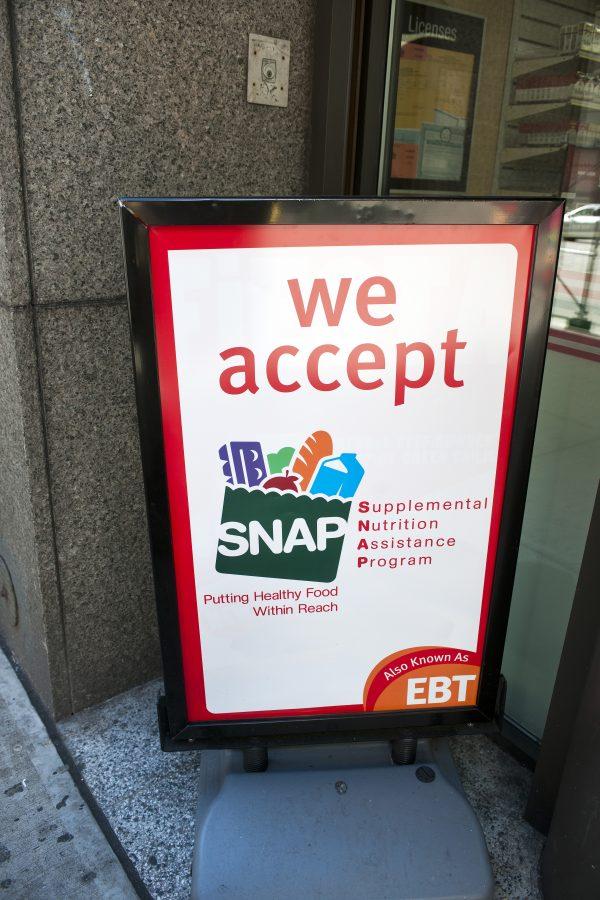One in eight Americans receive SNAP or The Supplemental Nutrition Assistance Program, once termed “food stamps.” Should SNAP funds — provided by taxpayers — continue to be used for junk foods and soda? Critics who say ‘no’ are faulty in their reasoning and only hurt those in need.
Since SNAP started, there has been a ton of focus on SNAP and its possible limits. From work requirements to “Harvest Boxes,” the program has been looked at from many different angles. SNAP is a social security net that serves almost 50 million Americans. While the program has shifted a lot since its start in the 60’s, there are still debates surrounding the vital service and the what those should be able to buy with it. These debates are flawed and are actually hurtful to those who rely on SNAP.
For many, extreme poverty or food insecurity is something not familiar, but something they only see in research papers or on the news. But the actual experience is something I will never forget. I will never forget those nights where we truly had nothing to eat. I will never forget those days because that feeling of hunger is forever. And I will never forget what SNAP did for my family nutritionally and mentally.
That feeling of walking around the Food Lion and finally having the ability to buy from the seemingly endless supply of food, knowing that for once, we had money to buy a meal not just for nutriment but for joy was positive. We could buy whatever we wanted and know we were eating well that night. I also remember the shame I felt using that card. It looked just like a credit card, but with that ever so prominent and popping American flag. In line, I felt like we were being judged for how we looked, what we did and mostly for what we bought.
Those behind us judged us, the person checking us out judged us and it felt like the government was judging us. While the program enabled us to survive, I felt like it was something I needed to hide at all costs.
But I always came back to this wonderful program that gave us the choice to buy whatever we wanted and give us the agency to take care of ourselves even when we needed some help. This idea of restricting SNAP to more “healthy” options is not only harsh but morally wrong. For those suffering in poverty, the idea of more judgement is just cruel. It tells those who need it they can’t be trusted to take care of themselves and their families.
Since the very first Food Stamp Act of 1964, restrictions beyond those of alcohol and tobacco have been supported; the House version actually wanted to restrict soft drinks and “luxury items.” While the bill has since undergone many iterations, like moving from physical “stamps” to Electronic Benefit Transfer or EBT, the push for harsher restrictions has remained.
For a country that prides itself on freedom, it strikes me as absurd that once a citizen needs the help they have paid for with their own taxes, some believe they should be stripped of their freedom.
Their freedom of choice about what they put in their own body is one example. Some will counter and say that these restrictions are for the common good to fight this obesity epidemic. But why must we only control those in need of assistance? For those in poverty, like myself, food was a way to bring not just joy but an escape from the painful nature of poverty. Also, obesity and the issues of fatty food affect all people in the U.S., not just those enrolled in SNAP.
A Department of Agriculture study of 26 million households (3 million of which were enrolled in SNAP) that both SNAP and non-SNAP households make similar purchases from the store. While there are slight variations, like SNAP households spending 9.3 percent of their grocery budgets on sweetened drinks vs 7.1 percent for non-SNAP households, the Department saw no major differences.
While it could be said restricting what the almost 50 million eat will help their diets, it is also strips them of the freedom they as Americans deserve and of the joy that food brings.














